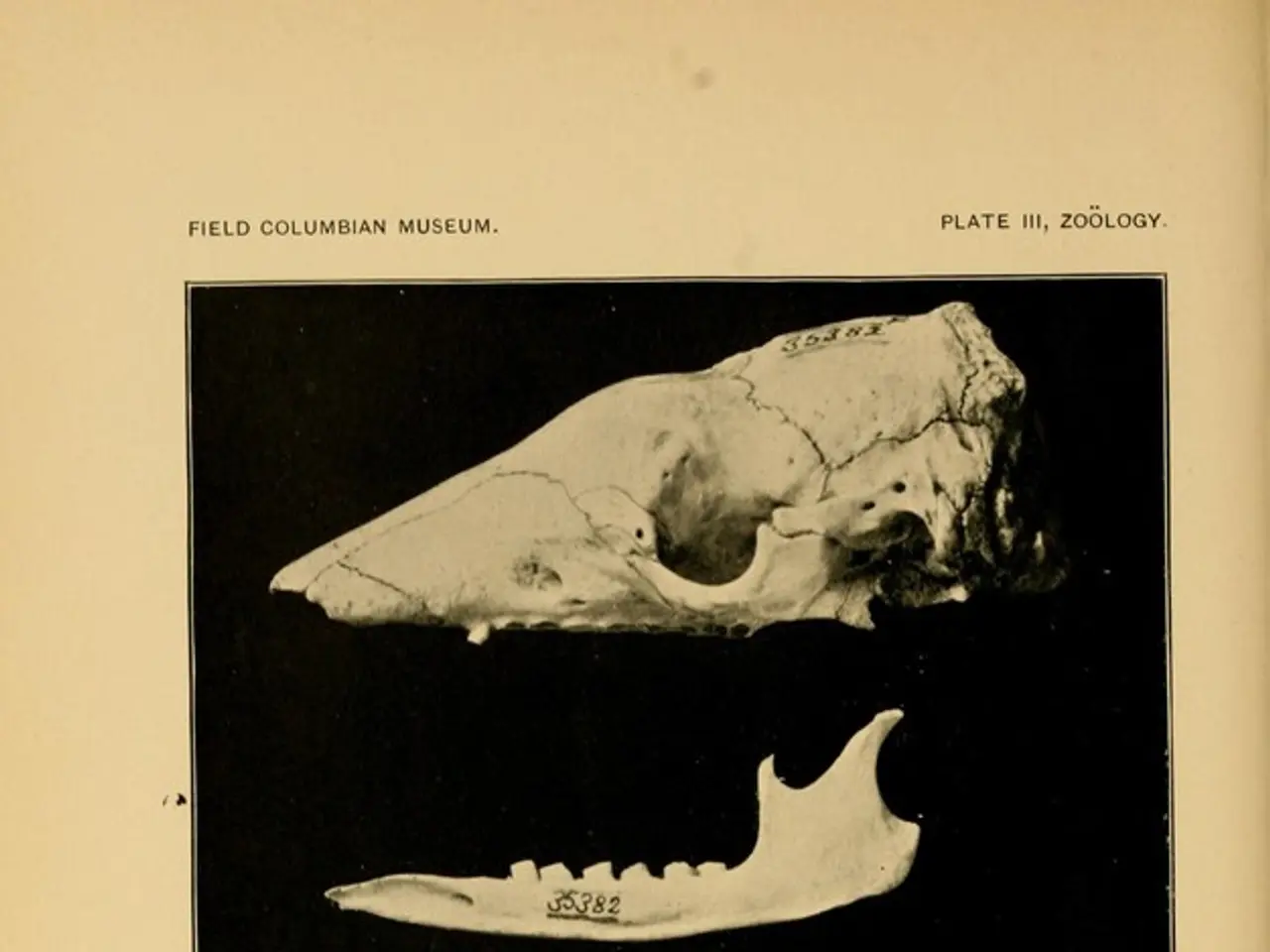Shox Syndrome: Symptoms, Related Conditions, and Further Information
In the realm of genetic disorders, SHOX deficiency stands out as a condition that can have far-reaching effects on an individual's physical development. This article aims to shed light on SHOX deficiency, its symptoms, diagnosis, and management.
SHOX deficiency is a heritable disorder caused by abnormalities in the SHOX gene. This gene, located on the pseudoautosomal regions of the X and Y chromosomes, plays a significant role in bone growth and development, particularly in the long bones of the arms and legs.
Individuals with SHOX deficiency may exhibit a range of symptoms. SHOX-related short stature is a common symptom, but other signs can include absent puberty, abnormal kidney development, heart defects, shortened forearms and legs, elbows turned outward, knees turned inward, bowing of the shinbones, short feet, a short neck, a small lower jaw, atypical curvature of the spine, abnormalities involving the bones of the wrists and forearms, a high palate, and increased muscle mass.
Diagnosis of SHOX syndrome may involve X-rays, growth hormone stimulation tests, and genetic tests to confirm the diagnosis. Genetic testing is recommended for individuals with clinical signs, radiological signs, or a family history of short stature to help speed up diagnosis.
For children with SHOX deficiency and short stature who have not yet reached puberty, doctors may recommend human growth hormone (HGH) therapy. This treatment can increase the child's final height by around 5-6 centimeters. Early diagnosis and the subsequent initiation of HGH therapy are crucial, as the therapy is most effective when started at a young age.
If a parent has a SHOX deficiency disorder, they have a 50% chance of passing on the related SHOX gene variant to their offspring. In such cases, genetic counseling is recommended to provide information on genetic conditions and help decide about genetic testing.
It's important to note that there is limited information on whether SHOX deficiency affects life expectancy. However, with proper diagnosis, management, and care, individuals with SHOX deficiency can lead fulfilling lives.
For those seeking guidance, resources such as the National Society of Genetic Counselors directory and the American College of Medical Genetics and Genomics directory offer access to professionals who can provide counseling and diagnostic services.
Lastly, it's essential to remember that individuals with SHOX deficiency may also show additional signs and symptoms depending on the type of SHOX-related condition they have. If you suspect that you or your child might have SHOX deficiency, it's crucial to consult with a healthcare professional for a proper evaluation and guidance.
Read also:
- Nightly sweat episodes linked to GERD: Crucial insights explained
- Antitussives: List of Examples, Functions, Adverse Reactions, and Additional Details
- Asthma Diagnosis: Exploring FeNO Tests and Related Treatments
- Unfortunate Financial Disarray for a Family from California After an Expensive Emergency Room Visit with Their Burned Infant








